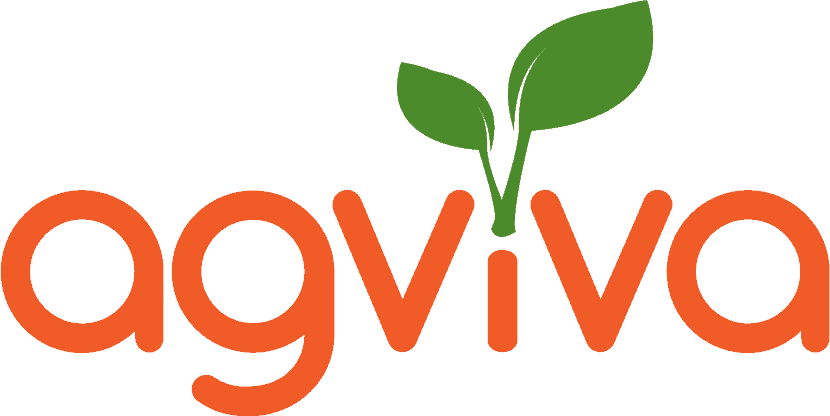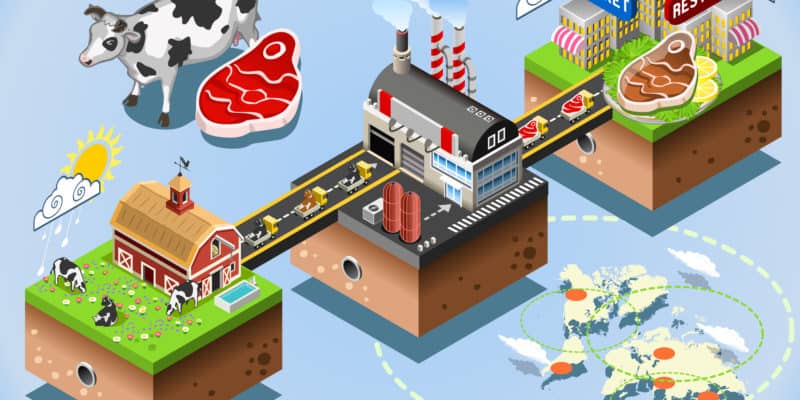Consumers are rational, right?
We know that what a consumer says she wants today will certainly be the same as tomorrow.
Last year I was asked to speak on blockchain traceability implementation in the beef industry at the Neogen Igenity Symposium in Fort Worth. Neogen provides “expert solutions for every stage of beef production” and the invited attendees included progressive beef producers and feeders who care deeply about the future of the beef industry.
Opinion: Robust traceability in the traditionally fragmented beef industry is critical for the industry to thrive.
My task was to articulate my view of the importance of traceability implementation. While brainstorming, I read an article by Jayson Lusk, head of the Purdue Department of Agricultural Economics, entitled The Ebbs and Flows of Fashionable Food. I’m a big fan of Purdue (so I’ll admit to being a bit biased), but the excellent points he makes in the article were perfect for what I was looking for.
In the article, Dr. Lusk points out how quickly food marketing claims cycle from one emphasis to the next. For example, emphasis has shifted from Organic, to Local, to Sustainable, to Regenerative, to ??? There are a number of great reasons for this constant shift in emphasis that he identifies in the article.
I’ll add that the importance consumers give to these claims vary from region to region for the exact same product.
Evolving value drivers. Are we keeping up?
What matters to consumers is an ever shifting target that upstream producers and processors must be able to respond to quickly. In the beef industry, where production of beef is a multi-year process, it is important to be able to make any needed adjustments as quickly as possible.
And communicate them in a verifiable way.
In a Deloitte study it was found that 49% of consumers consider “traditional” value drivers like price, taste, and convenience as most important. The remaining 51% of consumers consider “evolving” value drivers as more important. These “evolving” value drivers include health and wellness, safety, social impact, and experience. These “evolving” drivers are much more apt to change and require the ability to tell the story of the product in order to meet consumer desires.
The role of traceability
Evolving value drivers provide a challenging landscape for food marketing. They also provide a huge opportunity for companies that are willing to engage with consumers and provide what is desired.
Supply chains with traceability in place have a system where value and attributes can be quickly supplied and communicated. They can quickly capitalize on trends, whatever they may be.
What kinds of topics affecting industry might be mitigated or marketed through traceability? Here’s a few that come to mind:
- Animal Welfare
- Regenerative Ag
- Carbon Sequestration
- Wildlife Management
- Renewable Energy
- Soil Health
- Water Quality
- Crop types
- Deforestation
- Etc, etc.
There are so many opportunities – traceability is a shortcut to maximizing the opportunities.




